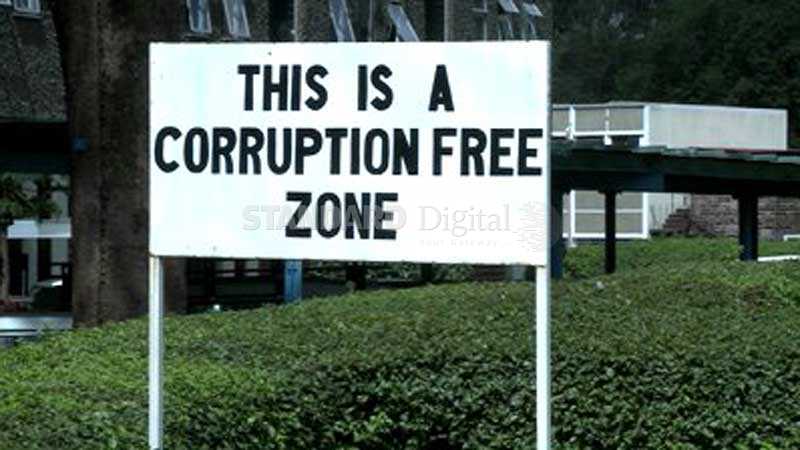
A story is told of an ancient Chinese Emperor who had no children but needed to choose a successor. To do so, thousands of children from across the kingdom were gathered together at his palace one day where the emperor broke the news that his successor would be picked from among them.
To achieve this, each child was given a seed and was told to go back to their village, plant the seed in a pot and tend it for a year. In a year, the children would return to the palace and the emperor would judge their efforts and choose his successor.